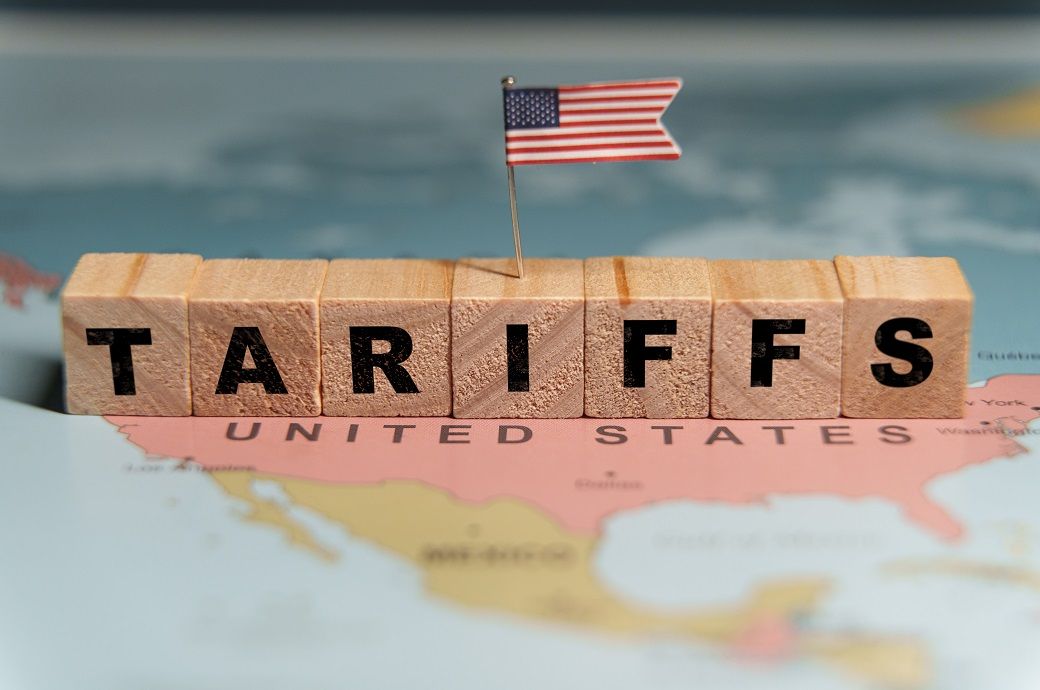
The study revealed that businesses across sectors are delaying growth, reducing operations, and reassessing investments due to the uncertainty created by US trade policy. Over 50 per cent have delayed product launches or reduced offerings due to current or expected tariffs, and 75 per cent state that tariff-related uncertainty is constraining US investment.
While intended to boost domestic manufacturing, current and proposed tariffs are having the opposite effect: creating bottlenecks, inflating costs, and eroding American competitiveness. These effects are being felt across entire supply chains, from raw material sourcing to aftermarket services, and respondents overwhelmingly expressed concern over unpredictable announcements, lack of strategic clarity, and limited flexibility for essential imports.
“Volatility in trade policy, and tariffs in particular, are hurting rather than helping US companies. US-based firms create American jobs, supply our domestic economy, and foster international competitiveness by sourcing and selling in the global economy. Injecting uncertainty into this process increases costs, thwarts innovation, and threatens to bring back shortages of the products we all use.” said John Pickel, vice president for international supply chain policy at NFTC. “Rather than incentivising domestic production, the current tariff environment and broader trade policy uncertainty is paralysing supply chain decision-making, forcing companies to delay or even cancel projects that support American jobs.”
“US policymakers should adopt a more structured approach,” Pickel continued. “The Administration should articulate clear, phased objectives and define measurable outcomes for trading partners, exempt products not commercially available domestically, and establish ‘off ramps’ to reassess tariffs based on success metrics or unintended impacts, which will help enable American businesses’ success.”
ALCHEMPro News Desk (RR)
Receive daily prices and market insights straight to your inbox. Subscribe to AlchemPro Weekly!